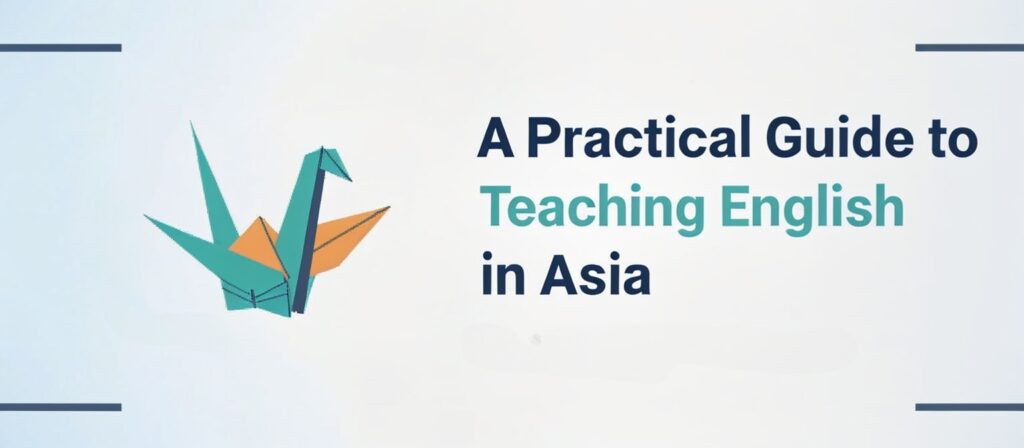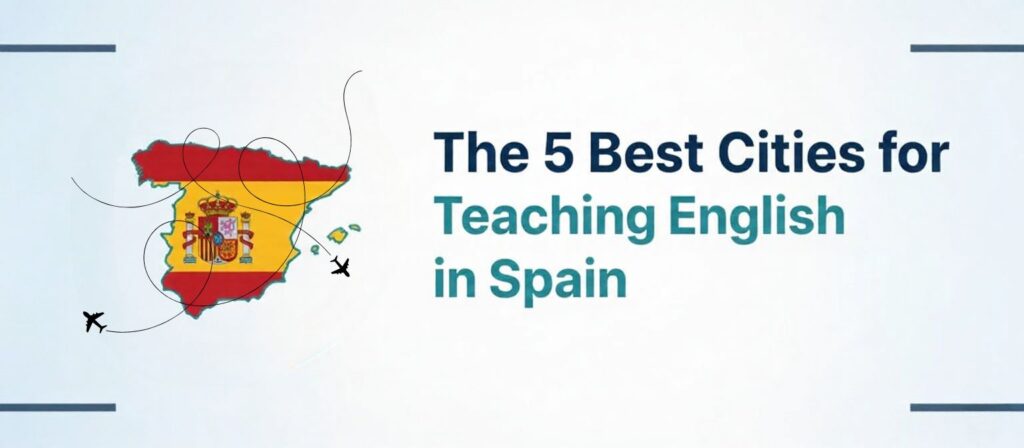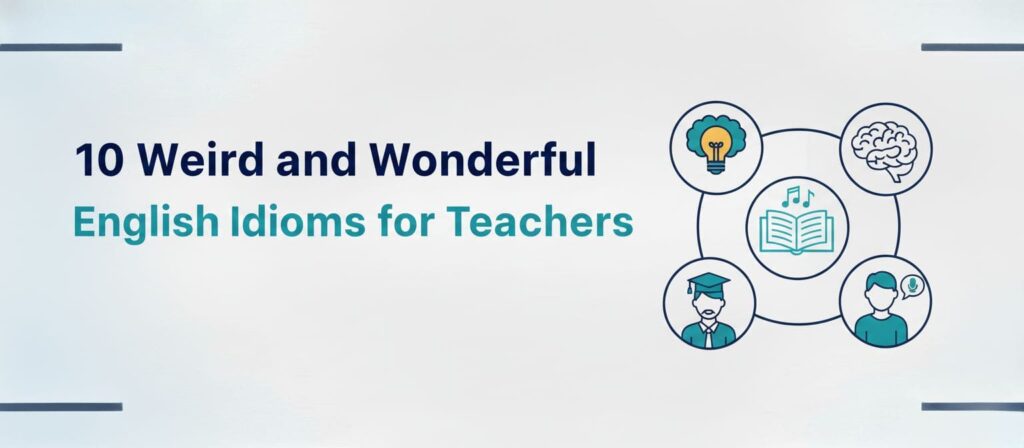Unlocking Teaching Abroad in 2026: Five Compelling Reasons to TEFL
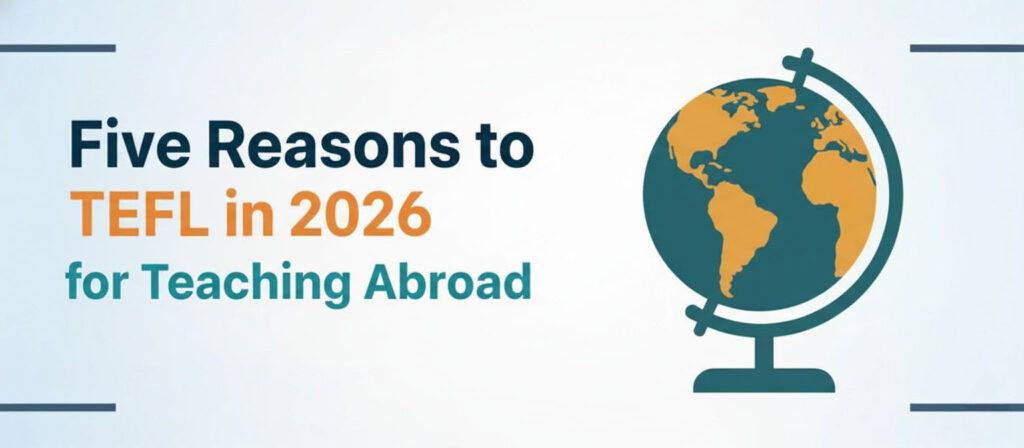
If you’ve been eyeing the idea of teaching English overseas, TEFL in 2026 lands with five solid reasons to jump in. Training routes feel smarter now, visa paths in many spots run smoother, and more people seem to grasp how language learning opens doors for everyone involved. I’ve seen beginners freeze up when they hit certification rules, country demands, and tight budgets, so I get the hesitation. This guide pulls together five grounded reasons to commit to TEFL in 2026, plus steps you can start taking long before you ever pack a suitcase.
English teaching has turned into something bigger than one classroom. Governments and schools chase teachers who bring lively methods, cultural awareness, and strong digital instincts. My analysts keep pointing to British Council and UNESCO reports that stress how good English education supports social mobility and economic growth. OECD research keeps saying the same thing. With solid training, you grow skills that travel well and help people change their own futures. I’ve watched it happen more than once.
That said, the competition bites a little. The fastest-growing markets ask for accredited certificates, real hands-on practice, and teachers who actually build on their skills over time. This article lays out five reasons to TEFL in 2026, with practical steps and clear certification paths that match global expectations. By the time you reach the end, you’ll know exactly what TEFL can offer and how to start with steady footing.
Unleashing Global Impact: Why TEFL in 2026 Matters
TEFL in 2026 matters because English still operates as the go-to shared language across science, trade, education, and tech. Policymakers keep pushing for strong English instruction since it boosts job prospects, improves literacy and expands cross-border collaboration. UNESCO’s education goals place language learning near the front, and British Council studies show how trained teachers shift long-term outcomes for whole communities. TEFL becomes a path to social mobility, not just a line on a contract.
The influence reaches far outside grammar charts. Strong teachers help students build confidence, curiosity, problem-solving habits and the nerve to join conversations that matter. I’ve taught in rooms where half the group juggled three languages already, and the right methods changed everything. Communicative teaching, fair assessment, and inclusive planning turn lessons into skills that stick. That ripple effect pulls more people into TEFL each year.
Several countries push hard to bring in foreign teachers, partly to fill shortages and partly to add fresh approaches. This creates an expanding web of accredited programmes, regional cert systems, and professional networks that help teachers maintain momentum. A TEFL plan grounded in a respected certificate, real feedback cycles, and an honest look at visa rules gives you the best shot at supporting learners and growing your own career. One infographic in this guide breaks down how these pieces connect.
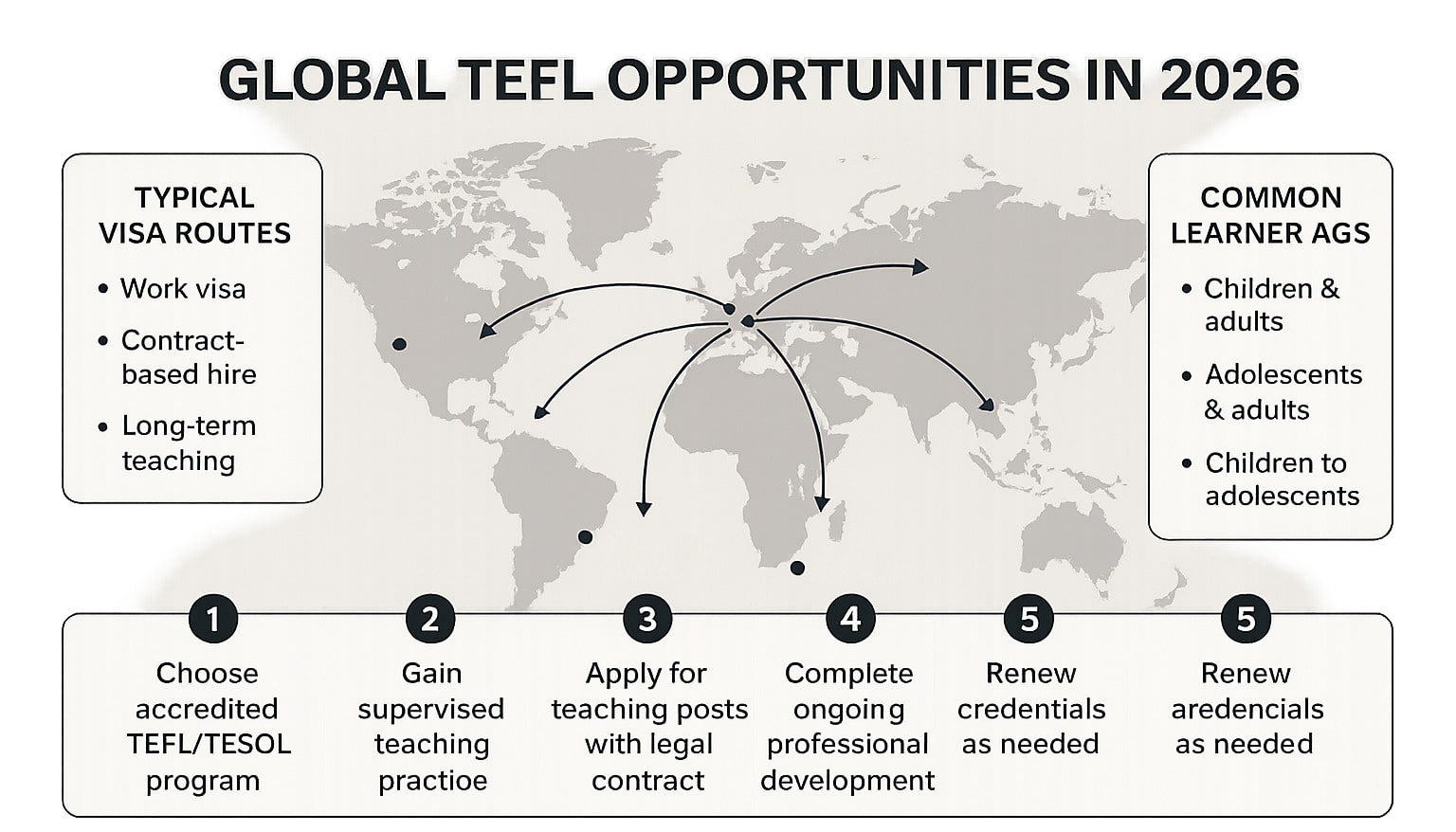
TEFL in 2026 – 5 Key Impacts and Reader Outcomes
| Key Impact | What It Means for You | Practical Action |
| Global demand stays strong | More job postings across varied regions | Look up destinations with solid governance, workable visas, and clear salary bands; pick 2-3 to target first |
| Career versatility grows | Openings beyond classrooms, including design and digital roles | Build a portfolio: micro-teaching clips, online tutoring samples, curriculum materials |
| Flexible pathways expand | Short courses, online certificates, practicum choices | Choose an accredited cert that fits your budget and timeline; book practicum hours early |
| Cultural exchange gains value | More meaningful teaching and richer networks | Plan cultural prep, start a reflective journal, connect with mentors |
| Travel and relocation become realistic | More countries offer structured teaching visas | Map visa and contract norms before you apply |
Better Careers, Bigger Horizons: TEFL in 2026
The career stretch you get from TEFL in 2026 feels wide. A recognised certificate opens jobs in language schools, curriculum teams, training departments, and sometimes management. In plenty of countries, an accredited TEFL or TESOL cert plus supervised practice acts as the baseline for reliable contracts. You also find specialised routes-young learners, exam prep, business English-that shape long-term moves. Market trends keep showing stable demand for qualified English teachers, which makes TEFL a steady career rather than a stopgap.
Teachers who branch out tend to thrive. In-person teaching stays strong, but online and hybrid models let you build a global roster of learners and work across time zones. Upskilling in 2026 often means short courses in assessment literacy, trauma-informed teaching, course design, or data use in instruction. OECD analyses keep pointing out that adaptable teachers handle shifting classrooms far better than those stuck in old models.
If you want the best results, go with accredited credentials that include supervised practice. A complete TEFL/TESOL certificate signals readiness. A curated portfolio-with lesson plans, teaching videos, and honest reflections-proves you can adjust to different learners. Built over time, that portfolio becomes a strong bargaining chip. As you grow, aim for mentoring roles, leadership development, and opportunities to join whole-school initiatives. These moves boost your marketability and your day-to-day satisfaction.
Career Pathway
| Career Pathway | Typical Roles | Key Skills | Entry Requirements |
| Classroom teaching in language schools | English teacher, ESL subject specialist | Communicative methods, classroom routines, formative checks | Accredited TEFL/TESOL + supervised practicum |
| Online teaching and tutoring | Virtual tutor, platform instructor | Digital tools, live and async delivery, useful feedback | TEFL/TESOL, stable tech, good scheduling |
| Curriculum design and materials writing | Designer, materials creator | Needs assessment, alignment with outcomes, multimedia | Teaching experience; strong lesson samples |
| Teacher training and mentorship | Mentor, observer, coach | Observation, feedback, reflective habits | Teaching experience + relevant QA/assessor background |
| Leadership and program management | Coordinator, admin roles | Strategic planning, communication, budget sense | Advanced training or a related master’s (helpful but optional) |
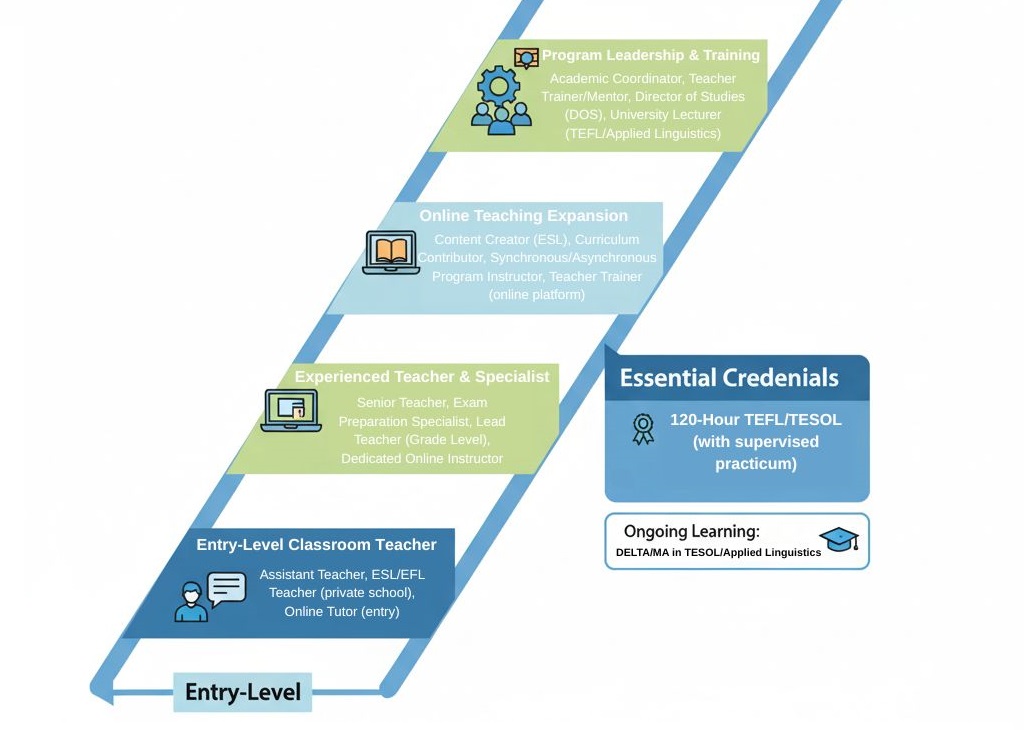
Cultural Exchange and Professional Growth Through TEFL
Cultural exchange shapes TEFL more than any textbook. Living inside a new culture changes how you teach, speak and even listen. You notice how students respond, what they expect and what norms guide them. This kind of adaptability matters outside teaching too, from NGOs to global companies. UNESCO research keeps repeating how powerful intercultural engagement becomes for teachers and learners.
Growth comes through deliberate practice. Watching colleagues teach, letting them watch you, and writing honest reflections speed up your improvement. Many TEFL courses build these pieces right into their structure. Real growth requires adjusting to all kinds of learners-kids who jump from task to task or adults with laser-focused goals. You experiment, fail a bit, adjust, and keep going. I think that’s what keeps people in the field.
You gain even more when you step into the community. Local meetups, school partnerships, language exchanges, informal volunteering-they all add layers to your teaching. In 2026, responsible TEFL blends strong pedagogy with genuine curiosity about learners’ lives. Those moments often stay with you long after the job ends.
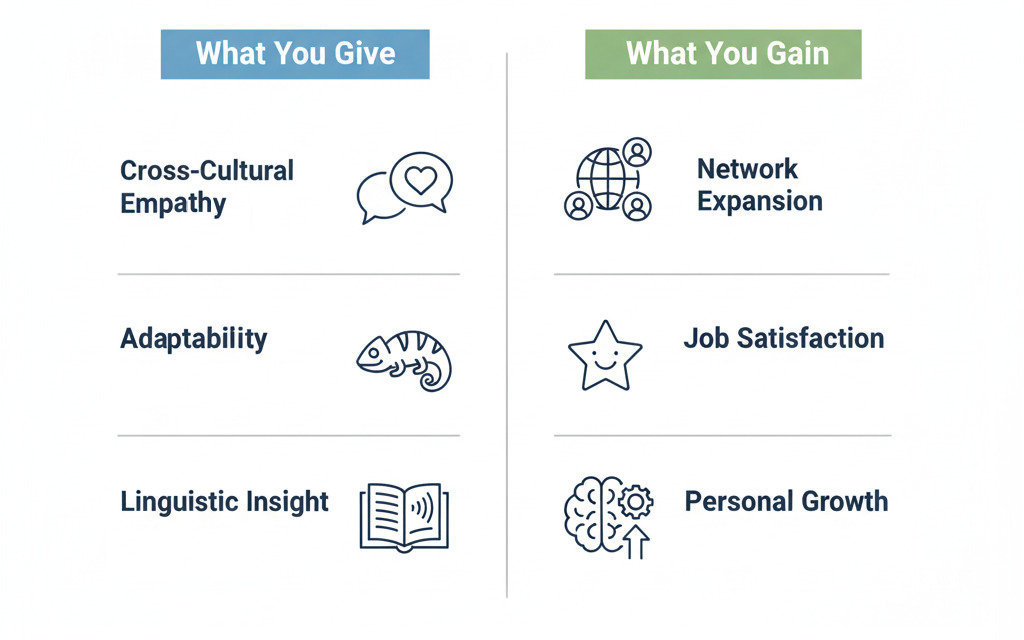
Job Security, Travel Freedom, and Teaching Abroad
Job security in TEFL holds steady across Asia, Europe, Latin America, and the Middle East. Schools want teachers who handle digital tools, manage classrooms, and plan lessons with intention. Salaries differ widely, but the baseline need for skilled English teachers doesn’t fade. Several policy initiatives continue to treat English as a key to global participation, which keeps demand strong.
Travel freedom becomes a real perk. Many TEFL jobs come with linked visas, usually on fixed-term contracts. You can renew, shift countries, or follow openings across continents. Reputable recruiters and schools help with paperwork, though you still need to check contracts, visa rules, and legal compliance. Skip that, and you risk headaches that can ruin the whole experience.
Preparation matters. Pick accredited TEFL/TESOL programmes with supervised practice. Build your portfolio early and gather references as soon as you can. Research visa timelines so nothing surprises you mid-process. Choose countries with clear legal structures and transparent hiring systems. When you plan well, TEFL in 2026 gives you steady income, varied experiences, and the ability to move through the world with purpose.
Key Takeaways
- TEFL in 2026 offers five main reasons to teach abroad: global impact, career expansion, cultural exchange, job stability with mobility, and flexible certification options that widen your prospects.
- Accredited training, real practice, and ongoing skill-building help you move between destinations more smoothly.
- Careful handling of visas, contracts, and community engagement deepens both your security and your professional growth.
- Online and hybrid teaching widen possibilities without lowering standards.
- Strengthen your profile with a clear portfolio, targeted destination list, and a plan for long-term development.
Authoritative Sources and Fact Checks (References)
- British Council (Report on International Experience and its Impact on Social Mobility and Skills)
- OECD – Organisation for Economic Co-operation and Development (Reports on Teaching and Learning / Teacher Adaptability)
- DEAC / Qualifi (Accreditation and Regulation of TEFL Certification)
Is TEFL in 2026 still in demand?
Yes. Demand for English language instruction remains robust across multiple regions, supported by ongoing education policies and the global need for communicative English in higher education, business, and daily life. Reputable industry analyses and frameworks emphasise the continuing need for qualified teachers who bring up-to-date pedagogy and intercultural awareness.
Do I need a master’s degree to teach abroad?
A master’s degree is not universally required for TEFL positions abroad, especially for entry-level roles. Many destinations prioritise an accredited TEFL/TESOL certificate paired with supervised teaching practice. Higher-level roles in international schools or leadership positions may require advanced qualifications or a master’s degree, but plenty of opportunities exist for certified teachers at various career stages.
Which destinations pay the best for TEFL?
Compensation varies widely by country, school type, and cost of living. Some destinations offer higher nominal salaries or attractive accommodation packages, while others provide lower wages but lower living costs. Always evaluate salary against local living expenses, visa costs, and contract terms, and prefer accredited programmes that lead to reputable employers.
Can I TEFL while travelling full-time?
Yes. Online and hybrid TEFL opportunities enable you to teach across time zones while travelling. However, it’s important to secure stable contracts with employers who support travel and provide clear expectations about teaching hours, student cohorts, and technology requirements.
How long should I train before teaching abroad?
Many aspiring teachers complete a 120-hour or 150-hour TEFL/TESOL certificate plus a supervised practicum. Some programmes offer shorter options with intensive practicum, while others provide more extensive training with ongoing mentorship. The best choice depends on your timeline, budget, and learning preferences. Aim to accumulate teaching practice and feedback before signing your first contract.


